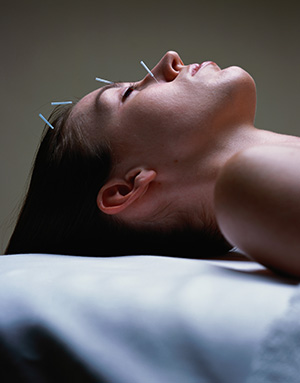Acupuncture has been used for thousands of years as an effective therapy for regulating pain and managing many other functions of the body. A number of different types of acupuncture have come into use over the centuries. Electroacupuncture was developed around the mid-1900s and has been shown to significantly enhance traditional acupuncture treatments.
Electroacupuncture uses the same points as acupuncture, and operates on a similar principle. The difference is that the needles are attached to a device that sends electrical currents or pulses into the body. Electrical currents have stimulating effects, which can influence the cells, tissues and entire systems. While most electrotherapy techniques are transcutaneous, only allowing the electricity to flow over the skin, Electroacupuncture channels it into the body with pinpoint precision.
In clinical studies, Electroacupuncture has shown to be effective in treating a variety of conditions, particularly those that are chronic. The most obvious are pain, muscle spasms and neurological issues. But because the electrical stimulation of acupuncture points can be used to activate a variety of systems within the body, Electroacupuncture can be used to treat conditions as wide-ranging as heart disease, hypertension, nausea, weight gain and even skin problems.
A typical Electroacupuncture treatment lasts for a minimum of 30 minutes. The frequency and intensity of the electricity used by the practitioner varies, based on the patient and the condition being treated. During EA, you may experience tingling or mild involuntary muscle twitches. These are normal, temporary effects of the electricity entering the body.
Electroacupuncture is very safe for most people; however it is not recommended for patients with a pacemaker or a history of seizures or epilepsy. Also, Electroacupuncture is generally not used at higher intensities in the head or across the midline of the body. As with any type of therapy, you should always have a solid, highly individualized treatment plan mapped out by a highly skilled practitioner.
Standard acupuncture techniques, in the hands of a skilled practitioner, can be very powerful and may provide all of the relief you need. Electroacupuncture could be looked at as an amped-up form of acupuncture. Ask your practitioner if electroacupuncture may be right for you.
Source: The Dr Oz Show
Original article and pictures take www.corespirit.com site

